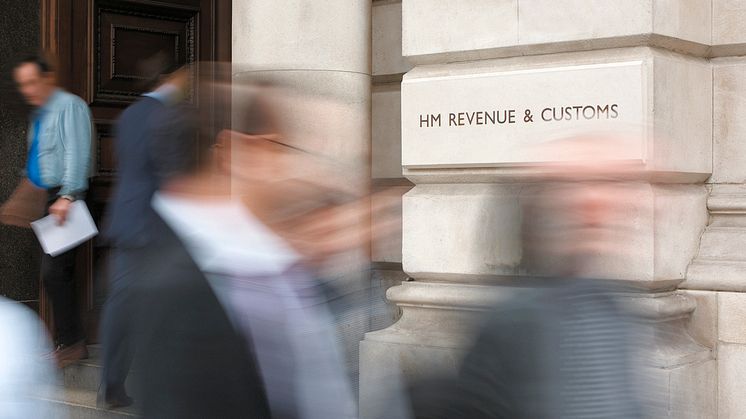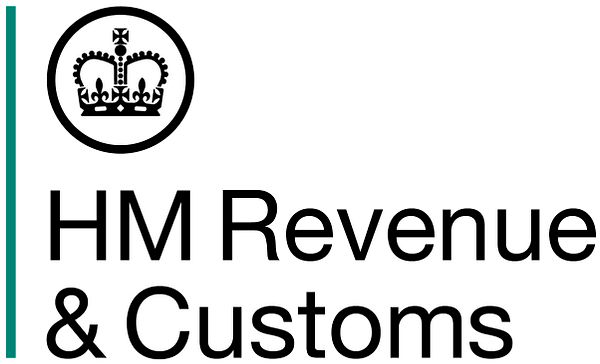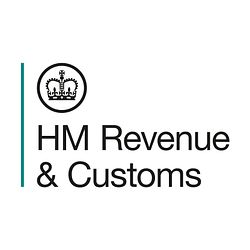
Press release -
Football in focus on underpaid workers
Professional football clubs who fail to pay their staff the National Minimum Wage (NMW) can expect HM Revenue and Customs (HMRC) to take action against them, the department announced today.
As the new football season gets underway, HMRC has found evidence that some professional clubs may not be paying backroom staff the legal minimum wage.
Research by HMRC has shown that posts are being advertised for work at football clubs in areas such as sport science and marketing, as well as matchday roles - such as ball boy supervision, or work as mascots - which appear not to comply with NMW rules. HMRC is now taking pre-emptive action to safeguard workers by initially contacting 44 football clubs, to ensure that employers are not breaching minimum wage rules.
Michelle Wyer, Assistant Director of HMRC’s National Minimum Wage team, said:
“Paying the National Minimum Wage is not a choice – it’s the law. It can’t be right that as some players are paid millions of pounds, other members of staff are paid below the legal limit.
“HMRC enforces the rules, protecting workers from rogue employers and ensuring they get at least the wage to which they are legally entitled. Where an employer ignores these rules, we will take steps to ensure arrears are paid out in full and the employer fined. In the most serious cases, criminal prosecution can follow.”
Anyone who believes they are not being paid the National Minimum Wage can call the Pay and Work Rights Helpline on 0800 917 2368.
Last year, HMRC enforcement action resulted in 708 employers receiving automatic penalty charges of up to £5,000 and 26,519 employees receiving back pay totalling over £4 million, topping up wages that had previously been below the legal minimum rate.
Notes for editors
1. The vast majority of National Minimum Wage abuse cases are dealt with by HMRC using civil penalty powers. However, in more severe cases HMRC will take criminal action and seek a prosecution.
2. The National Minimum Wage is £6.19 an hour for workers aged 21 and over. This will increase to £6.31 an hour from 1 October 2013.
3. Further information about the different minimum wage rates, which depend upon age and apprentice status, are at gov.uk/national-minimum-wage-rates
4. The Department for Business, Innovation & Skills (BIS) has responsibility for National Minimum Wage policy. HMRC enforces the policy.
5. HMRC’s compliance teams:
investigate complaints from workers and third parties that minimum wage has not been paid;
inspect employers’ records to check that they meet their obligation to pay the minimum wage;
help employers to understand their obligations under minimum wage legislation;
secure pay arrears;
present cases to Employment Tribunals on behalf of workers.
6. The Pay and Work Rights Helpline provides advice in more than 100 languages. In 2012-13, 17,775 people called the Pay and Work Rights Helpline for advice or to report an illegal wage, leading to HMRC opening 1,408 enquiries into employers.
Topics
Categories
Issued by HM Revenue & Customs Press Office
HM Revenue & Customs (HMRC) is the UK’s tax authority.
HMRC is responsible for making sure that the money is available to fund the UK’s public services and for helping families and individuals with targeted financial support.

